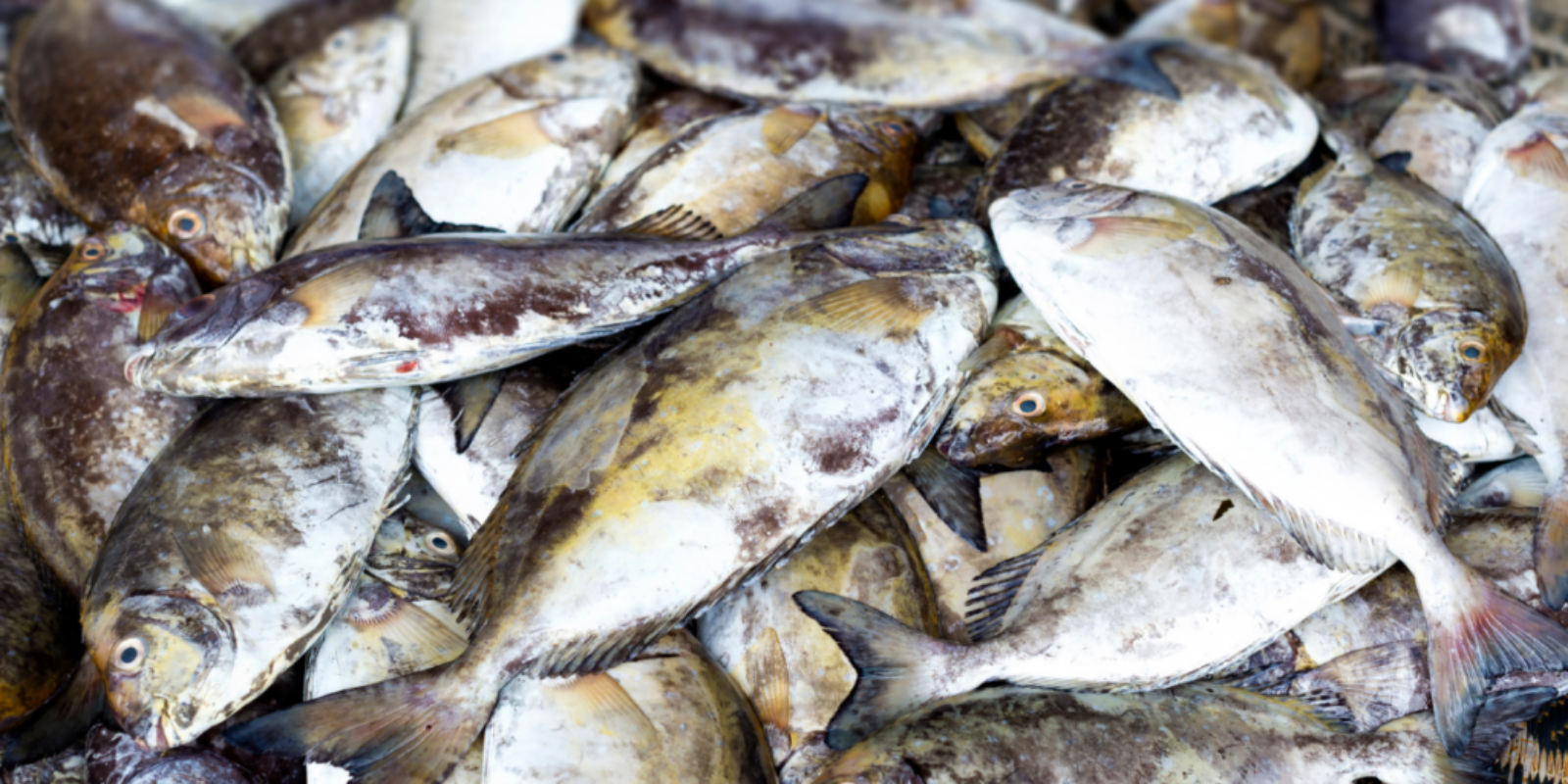Overfishing occurs when fishing activities remove more fish from the ocean than the population can replace through natural reproduction. This often happens when fish are caught before they have a chance to breed, or when too many fish of breeding age are removed. Overfishing can have devastating consequences for ocean health. It reduces biodiversity, disrupts food webs, and decreases the overall productivity of the oceans. Additionally, overfishing puts immense pressure on species that are already struggling to survive. As a result, it is essential to carefully manage fishing activities in order to protect ocean healthy oceans.

What is overfishing and how does it affect ocean health
Overfishing is the act of catching fish at a rate that exceeds the ability of the population to replenish itself. This can happen for a variety of reasons, including using unsustainable fishing practices, such as bottom trawling, or simply fishing too many fish from an area. Overfishing not only harms the fish population, but it also disrupts the delicate balance of marine ecosystems. When one species is removed from an ecosystem, it can cause a ripple effect that alters the populations of other species. For example, overfishing of predators can lead to an increase in the number of prey, which can then lead to an overabundance of plants that are eaten by the prey. This domino effect can have serious consequences for ocean health and wildlife. In addition, overfishing puts food security at risk. As wild fish populations decline, people are increasingly reliant on farmed fish for their protein needs. However, farmed fish require large amounts of wild-caught fish to be used as feed, which further depletes wild stocks. Overfishing is therefore a major threat to both ocean health and food security.

The consequences of overfishing
Overfishing is a serious problem that can have a significant impact on the environment. When fish are caught in large numbers, it can upset the delicate balance of an ecosystem. For example, if a certain species of fish is overfished, it may no longer be able to play its role in controlling the population of smaller creatures that it feeds on. As a result, these smaller creatures may begin to over populate, leading to a decrease in overall biodiversity. In addition, overfishing can damage habitats, as well as the populations of other species that depend on fish for food. For example, when seagrass is disturbed by fishing activities, it can release harmful toxins into the water, which can hurt or kill marine life.
Overfishing also has a direct impact on the economy, as it reduces the amount of fish available for consumption, which drives up prices. Overfishing also results in the depletion of fish stocks, which leads to dwindling catches and further economic decline. In order to protect the environment and ensure sustainable fisheries, it is essential to control overfishing. This can be done through a variety of methods, such as setting quotas, establishing marine protected areas, and by educating people about the importance of responsible fishing practices.

Why we should be more mindful of our seafood consumption
Overfishing is a major problem in many parts of the world, and it’s estimated that 90% of the world’s fish stocks are overexploited or depleted. This not only harms marine ecosystems, but also hurts the livelihoods of fishermen and women who depend on fishing for their livelihoods. In addition, seafood production is one of the leading causes of pollution in our oceans. From plastic waste to chemical runoff, our seafood consumption has a significant impact on the health of our planet. This means that not only are we running out of fish, but the fish that are available are often lower in quality.
One solution is to transition to a low or no seafood diet. Lot’s of people are choosing to reduce seafood consumption, for a number of reasons. First, seafood is often high in mercury, which can be harmful to our health. Second, seafood is also a major source of pollution in our oceans. Every year, millions of tons of seafood are caught in fishing nets and left to rot in the sun. This pollutes the ocean water and harms marine life. Finally, seafood is often overfished, which means that populations of fish are being depleted at an unsustainable rate. For all these reasons, it is important to consider whether seafood is really necessary for our diet. There are plenty of other options available that can provide us with the nutrients we need without harming our planet.
If you choose to eat seafood, you can make more sustainable choices by opting for wild-caught or farmed fish that have been certified by organisations like the Marine Stewardship Council. We can also support businesses that are working to reduce their environmental impact, such as those that use recycled materials in their packaging or donate a portion of their profits to ocean conservation efforts. By being mindful of our seafood consumption, we can help protect the planet and ensure that there will be plenty of seafood to enjoy for generations to come. Seafood that is sustainably sourced is caught in a way that doesn’t damage the environment or deplete fish stocks. This means that not only is it better for the planet, but it’s also more likely to be fresh and delicious. When you choose to eat sustainably sourced seafood, you’re making a choice that is good for you and good for the planet.



